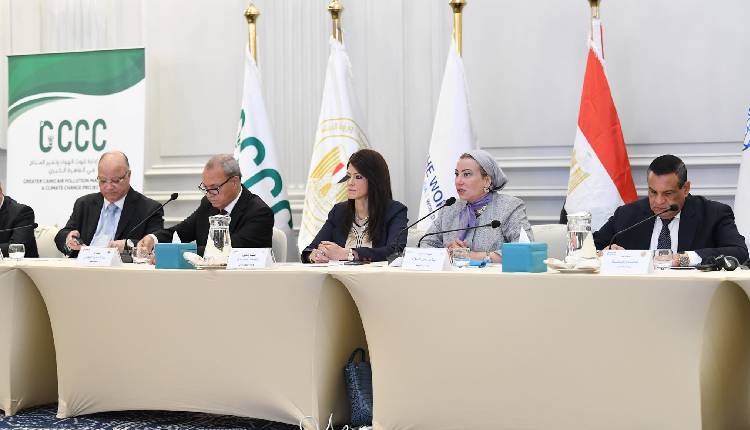World Bank assesses Cairo’s major waste management project
The World Bank mission concluded on Sunday its mid-term review of the Greater Cairo Air Pollution Management and Climate Change Project, the largest solid waste management project in the Middle East.
In the closing session, Minister of International Cooperation Rania Al-Mashat highlighted that the Greater Cairo Air Pollution and Climate Change Management Project, approved in 2020, supports Egypt’s priorities and national efforts towards transitioning to a green and sustainable economy while reducing carbon dioxide emissions.
The project comprises several components aimed at improving air quality management, enhancing the solid waste management system in Greater Cairo, reducing vehicle emissions, and improving the management of electronic and medical waste to curb unintentional persistent organic pollutants emissions.
This is achieved through a grant from the Global Environment Facility under the supervision of the World Bank, and aligns with Egypt’s national vision for promoting climate action alongside sustainable development.
Egypt has developed the National Climate Change Strategy 2050 and updated its NDCs in 2023, targeting 42 per cent of electricity generation from renewable sources by 2030. The project’s success could pave the way for more initiatives to boost private sector participation in environmental fields.
The mid-term review aims to discuss the project’s progress, enabling the Egyptian government, World Bank, and implementing companies to optimise management and maximise benefits for the project’s remainder through a consultative process.
The project is funded by a $200 million World Bank loan and spans six years, aims to reduce air pollutants in key sectors of Greater Cairo, contributing to effective climate change management.


